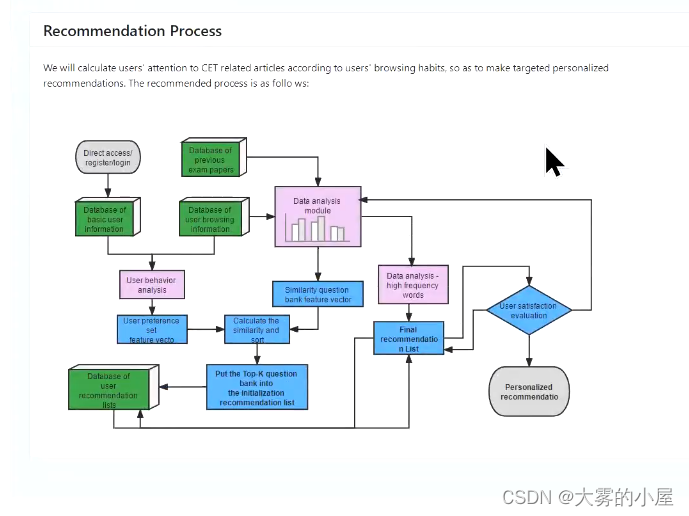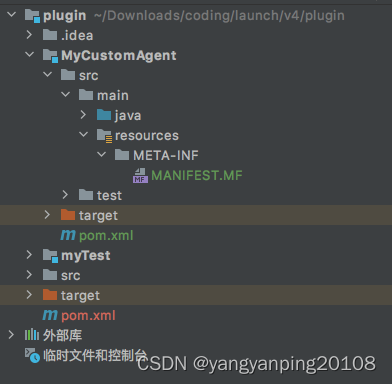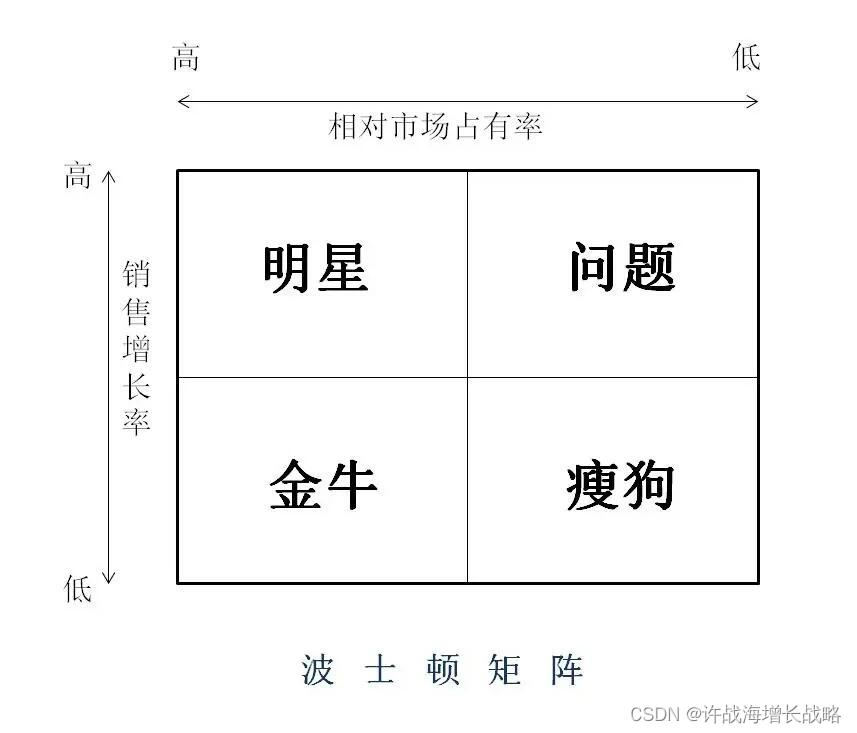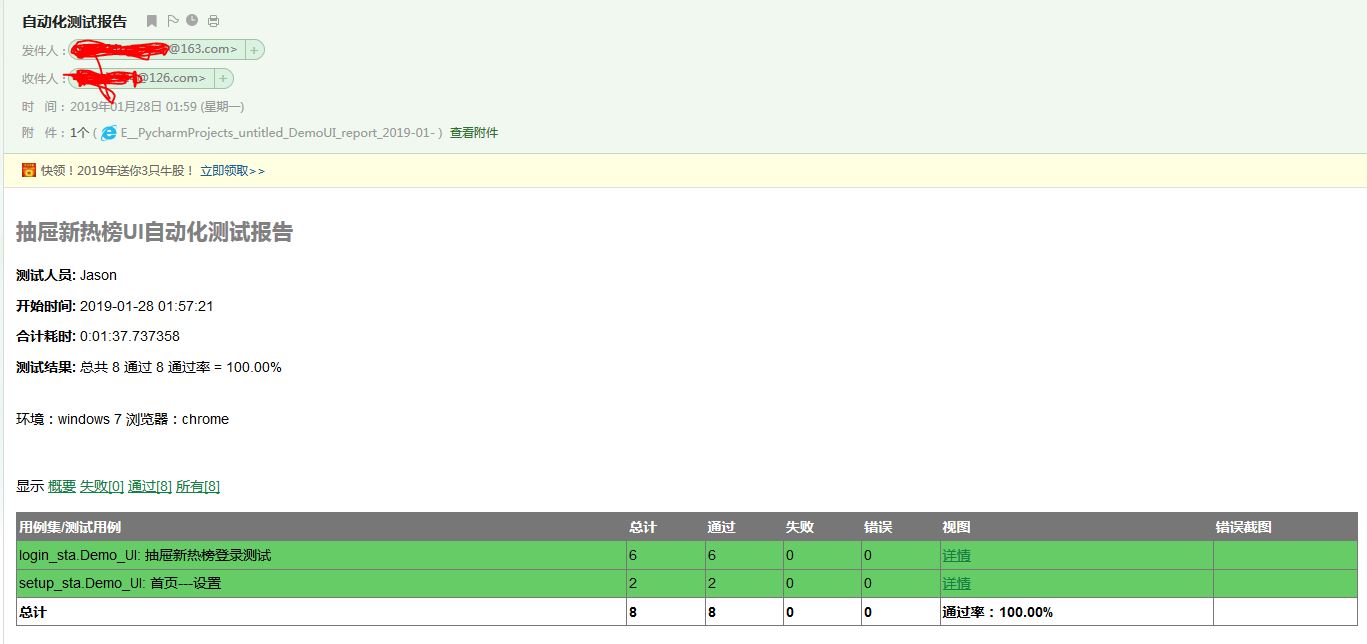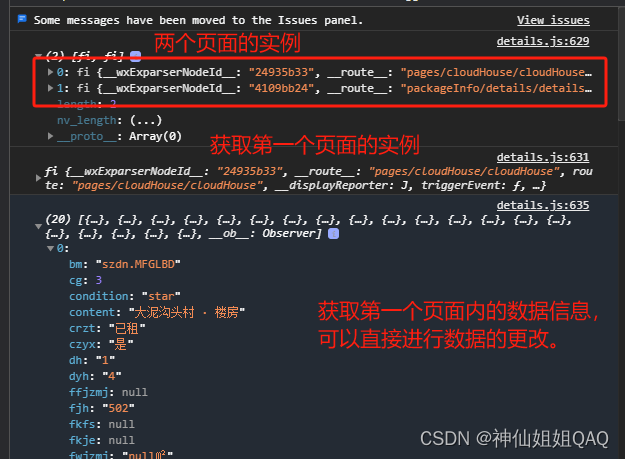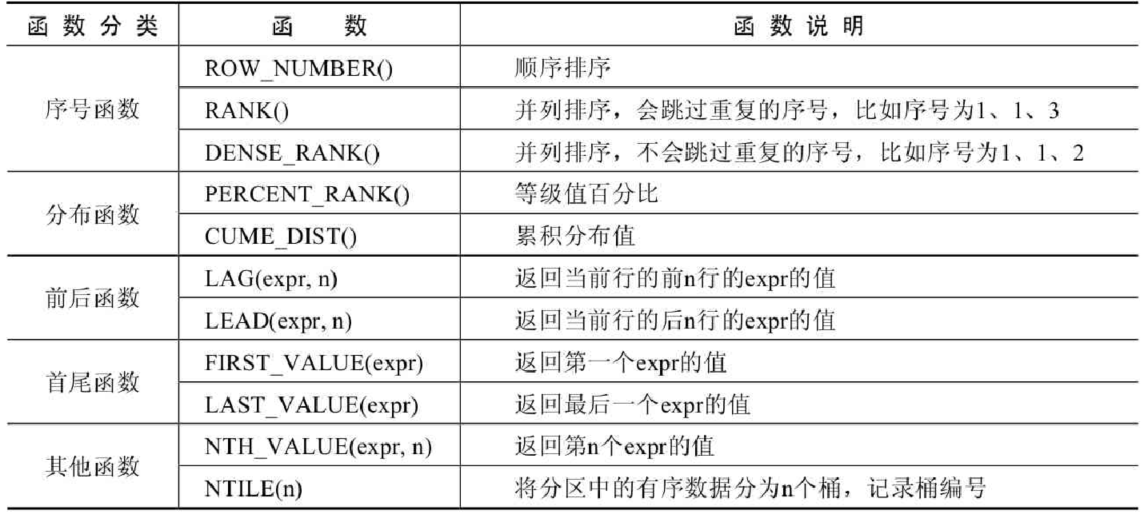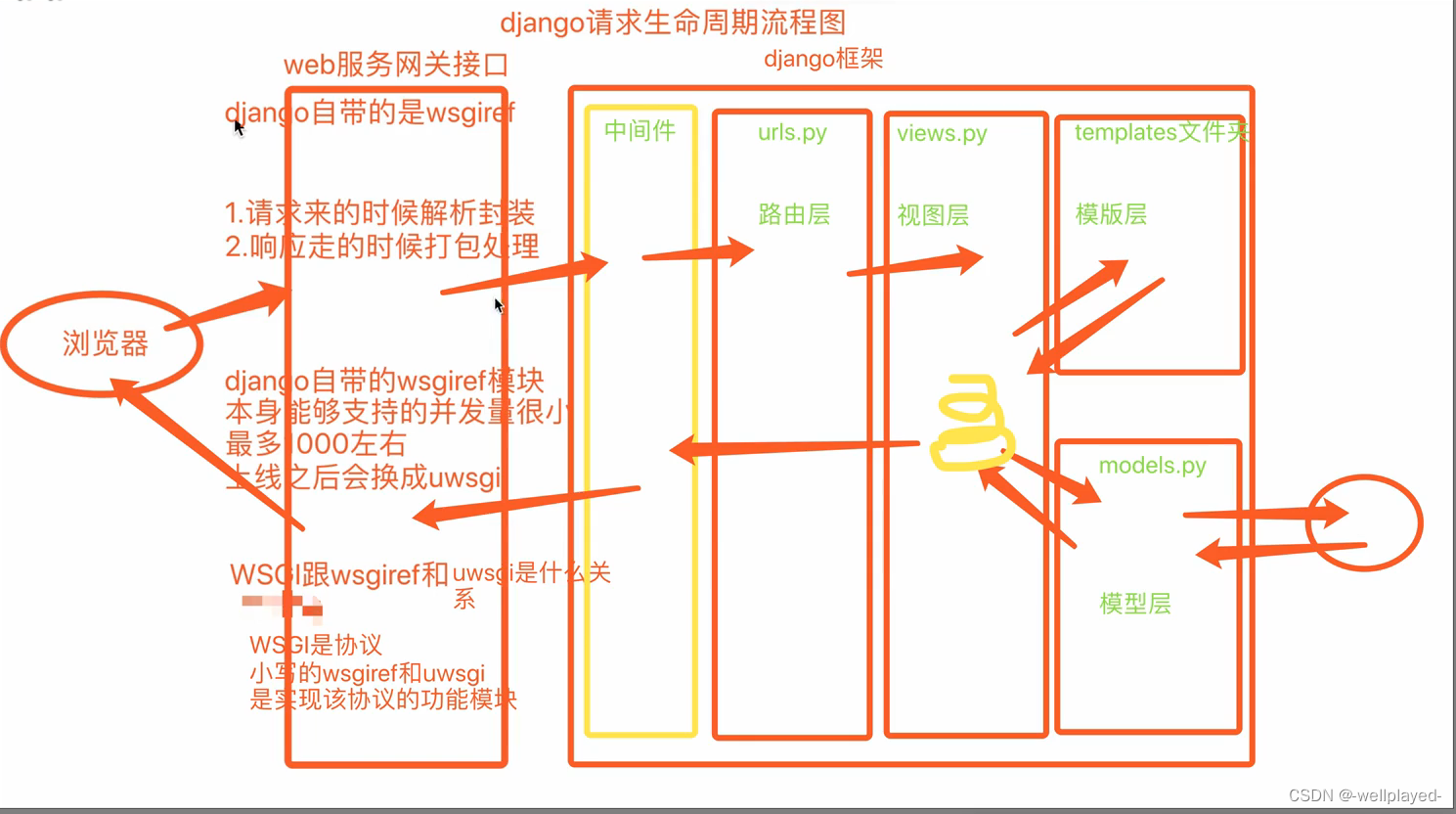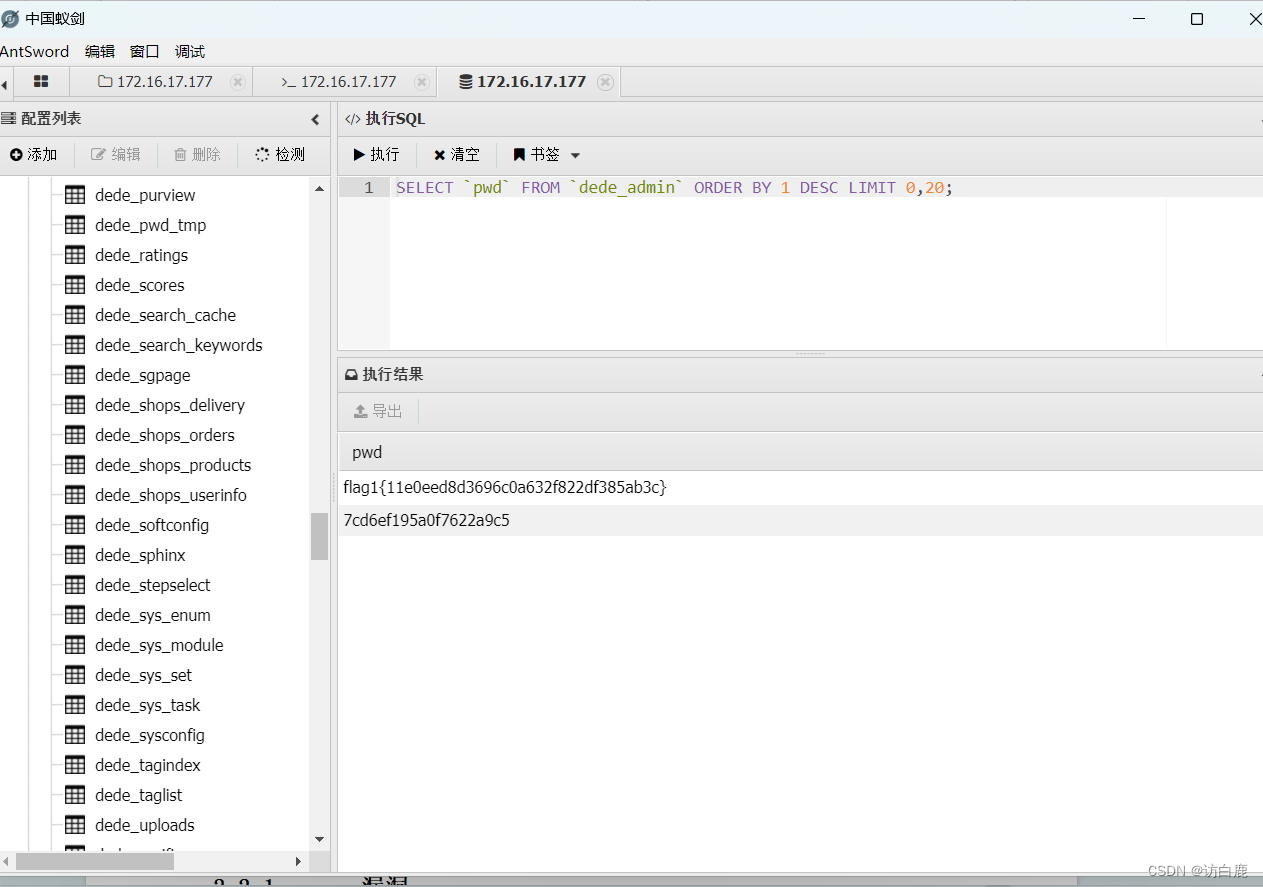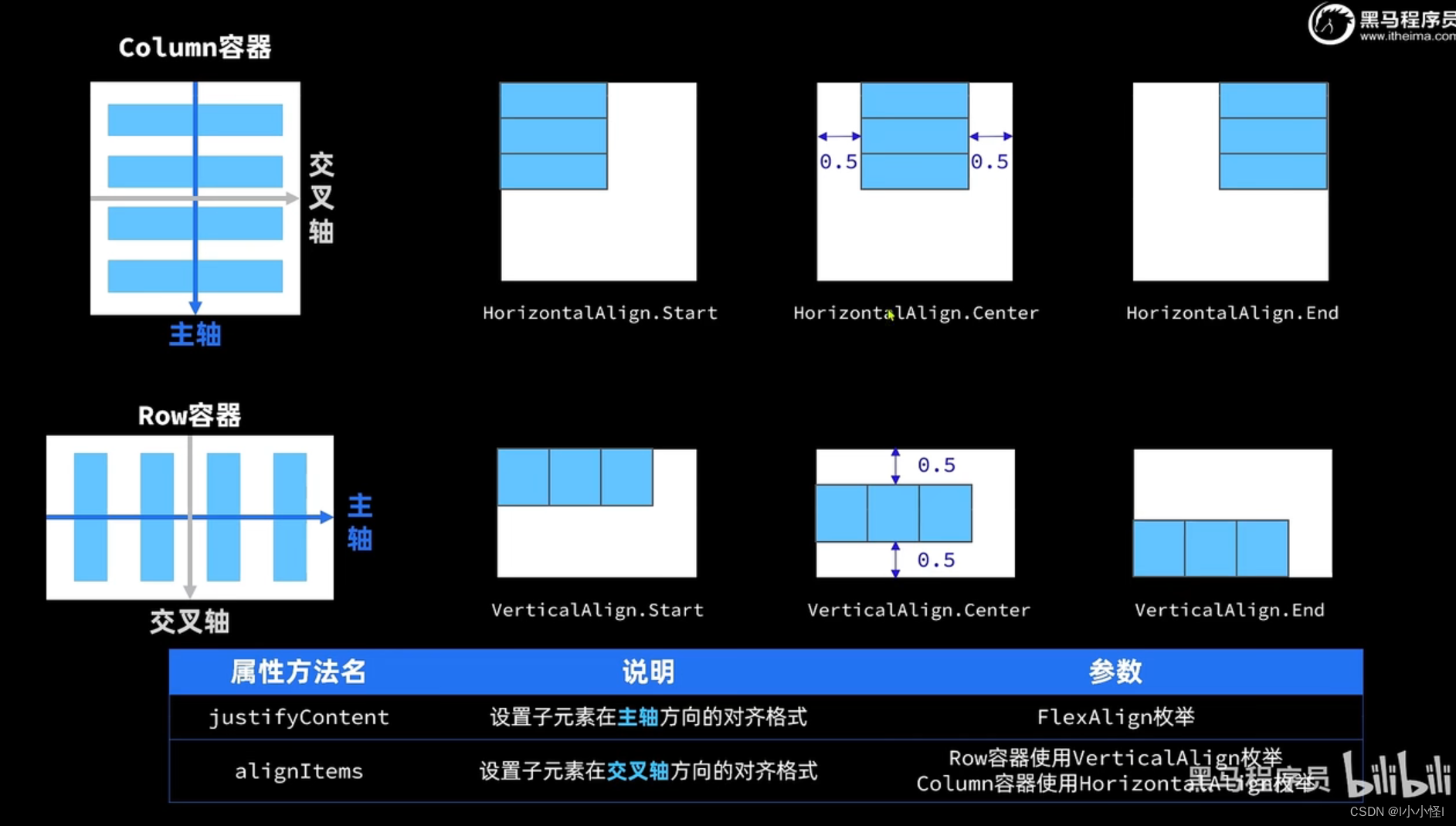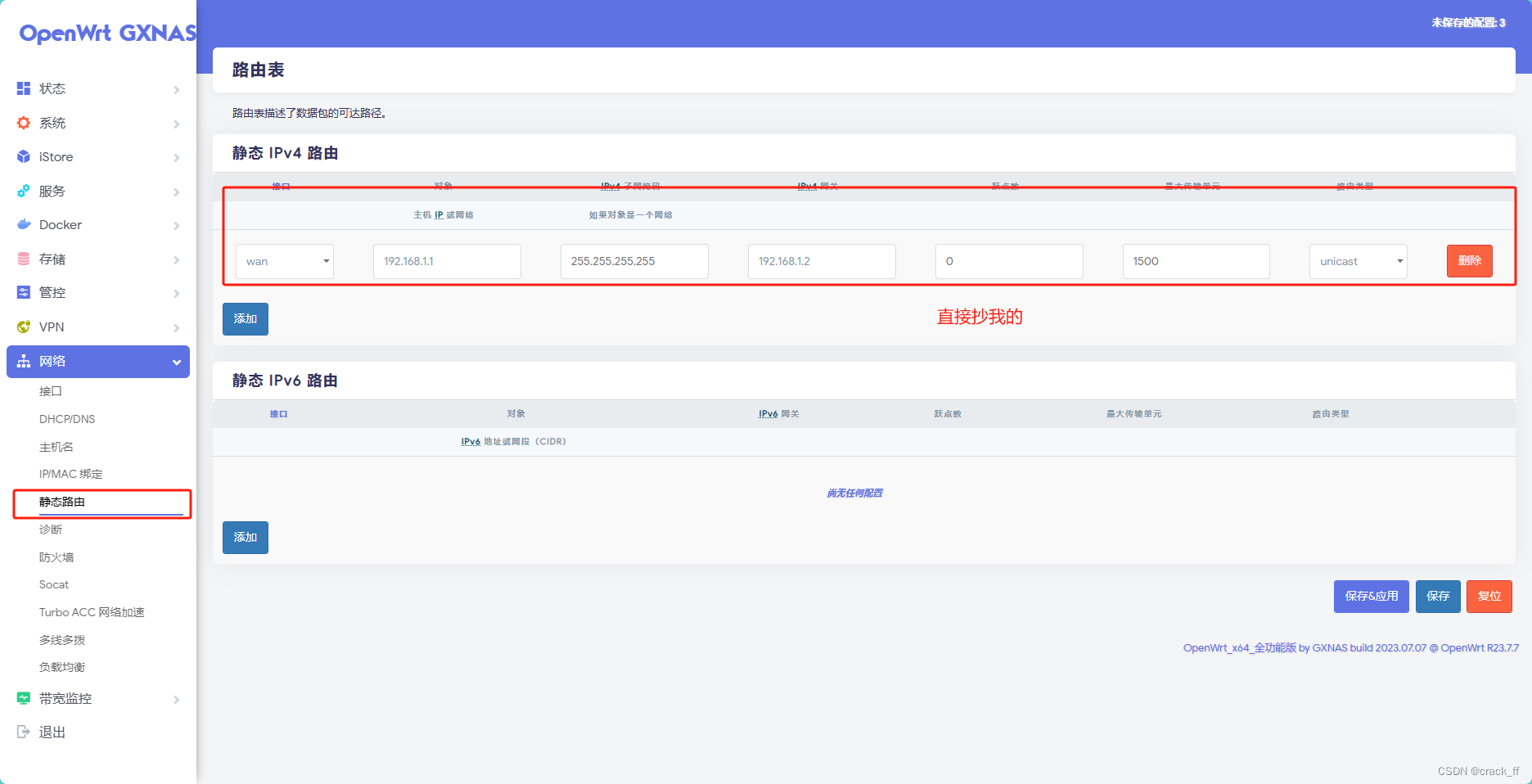_23Threaded BinaryTree
可编译运行代码见:GIithub::Data-Structures-Algorithms-and-Applications/_24Threaded_BinaryTree
线索二叉树定义
在普通二叉树中,有很多nullptr指针被浪费了,可以将其利用起来。
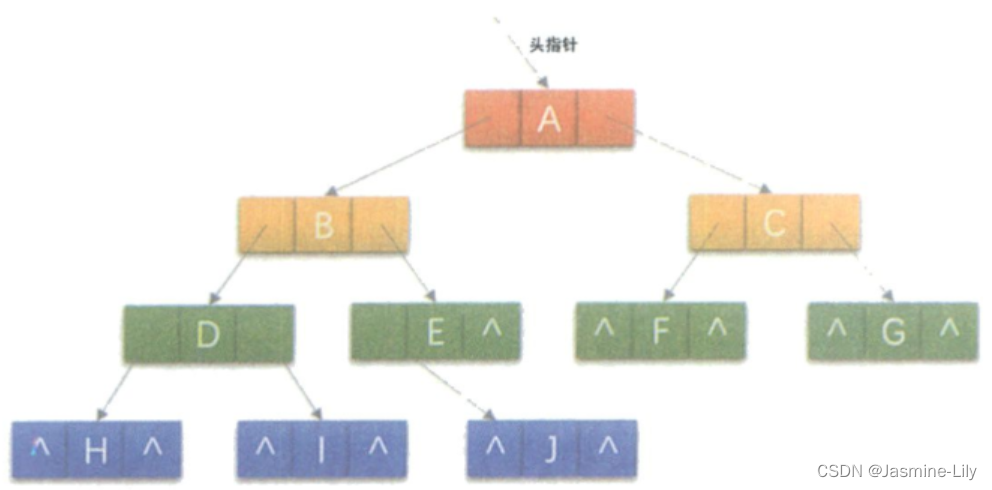
首先我们要来看看这空指针有多少个呢?对于一个有n个结点的二叉链表,每个结点有指向左右孩子的两个指针域,所以一共是2n个指针域。而n个结点的二叉树一共有n-1条分支线数,也就是说,其实是存在2n-(n-1)=n+1个空指针域。
对上图**(参考:《大话数据结构 溢彩加强版 程杰》160页图)**做中序遍历,得到了HDIBJEAFCG这样的字符序列,遍历过后,我们可以知道,结点I的前驱是D,后继是B,结点F的前驱是A,后继是C。也就是说,我们可以很清楚地知道任意一个结点,它的前驱和后继是哪一个结点。
可是这是建立在已经遍历过的基础之上的。在二叉链表上,我们只能知道每个结点指向其左右孩子结点的地址,而不知道某个结点的前驱是谁,后继是谁。要想知道,必须遍历一次。以后每次需要知道时,都必须先遍历一次。这样比较浪费时间。
我们可以考虑利用那些空地址,存放指向结点在某种遍历次序下的前驱和后继结点的地址。我们把这种指向前驱和后继的指针称为线索,加上线索的二叉链表称为线索链表,相应的二叉树就称为线索二叉树(Threaded Binary Tree)。
我们把二叉树进行中序遍历后,将所有的空指针域中的rchild,改为指向它的后继结点。将所有空指针域中的lchild,改为指向当前结点的前驱。由此得出,经过线索化的二叉树变成了一个双向链表。双向链表相比于二叉树更容易找到某节点的前驱和后继节点。因此,如果所用的二叉树需经常遍历或查找结点时需要某种遍历序列中的前驱和后继,那么采用线索二叉链表的存储结构就是非常不错的选择。
但是还有一个问题,如果将这些空指针作为线索后无法区分该指针是线索还是指向孩子节点,因此需要标志位LTag为True表示该节点的左指针是索引,RLag为true表示该节点的右指针是索引,反之不是索引。
代码
main.cpp
/*
Project name : _24Threaded_BinaryTree
Last modified Date: 2023年11月28日17点06分
Last Version: V1.0
Descriptions: 线索二叉树
*/
#include "inThreadedBinaryTreeChains.h"
int main() {
inThreadedBinaryTreeChainsTest();
return 0;
}
inThreadedBinaryTreeChains.h
/*
Project name : _24Threaded_BinaryTree
Last modified Date: 2023年11月28日17点06分
Last Version: V1.0
Descriptions: 线索二叉树链表表示
*/
#ifndef _24THREADED_BINARYTREE_INTHREADEDBINARYTREE_H
#define _24THREADED_BINARYTREE_INTHREADEDBINARYTREE_H
#include <iostream>
#include "binaryTree.h"
#include "inThreadedBinaryTreeNode.h"
using namespace std;
/*二叉树基础测试函数*/
void inThreadedBinaryTreeChainsTest();
template<class E>
class inThreadedBinaryTreeChains : public binaryTree<inThreadedBinaryTreeNode<E>>
{
public:
/*二叉树的基础成员函数*/
/*构造函数函数*/
inThreadedBinaryTreeChains() {
root = nullptr; treeSize = 0;
}
/*析构函数*/
~inThreadedBinaryTreeChains() { erase(); }
/*当树为空时,返回true;否则,返回false*/
bool empty() const { return treeSize == 0; }
/*返回元素个数*/
int size() const { return treeSize; }
void inOrderThreaded() // 中序遍历索引,就是中序遍历的时候添加索引
{
pre = nullptr;
inOrderThreaded(root);
}
/*中序遍历二叉树,使用函数指针的目的是是的本函数可以实现多种目的*/
void inOrder(void(*theVisit)(inThreadedBinaryTreeNode<E>*))
{
visit = theVisit;
/*是因为递归,所以才要这样的*/
inOrder(root);/*这里调用的是静态成员函数inOrder()*/
}
/*中序遍历---输出endl*/
void inOrderOutput() { inOrder(output); cout << endl; }
/*后续遍历二叉树,使用函数指针的目的是是的本函数可以实现多种目的*/
void postOrder(void(*theVisit)(inThreadedBinaryTreeNode<E>*))
{
visit = theVisit;
/*是因为递归,所以才要这样的*/
postOrder(root);/*这里调用的是静态成员函数inOrder()*/
}
/*后序遍历---输出endl*/
void postOrderOutput() { postOrder(output); cout << endl; }
/*清空二叉树 这里必须使用后序遍历 不然会出错*/
void erase()
{
postOrder(dispose);
root = nullptr;
treeSize = 0;
}
/*输入时为了将root根节点传递给createBiTree()函数*/
void input(void)
{
createBiTree(root);
}
private:
/*二叉树基础私有成员*/
inThreadedBinaryTreeNode<E>* root;//指向根的指针
int treeSize;//树的结点个数
static inThreadedBinaryTreeNode<E>* pre;// 在线索化时使用的前驱temp
static void (*visit)(inThreadedBinaryTreeNode<E>*);//是一个函数指针,返回值为void 函数参数为binaryTreeNode<E>*
static void inOrder(inThreadedBinaryTreeNode<E>* t);
static void inOrderThreaded(inThreadedBinaryTreeNode<E>* t);// 中序遍历索引,就是中序遍历的时候添加索引
static void postOrder(inThreadedBinaryTreeNode<E>* t);
static void dispose(inThreadedBinaryTreeNode<E>* t) { delete t; }
static void output(inThreadedBinaryTreeNode<E>* t) { cout << t->element << " "; }
/*创建二叉树---递归---作为私有成员只能被成员函数调用*/
void createBiTree(inThreadedBinaryTreeNode<E>*& tree);
};
/*私有静态成员初始化*/
/*这里是静态函数指针成员的初始化,不初始化会引发LINK错误*/
template<class E>
void (*inThreadedBinaryTreeChains<E>::visit)(inThreadedBinaryTreeNode<E>*) = 0; // visit function
// 这个地方需要做一个初始化,不做的话就会bug
template<class E>
inThreadedBinaryTreeNode<E>* inThreadedBinaryTreeChains<E>:: pre = nullptr;
/*中序遍历 递归*/
/*不受索引影响的中序遍历*/
template<class E>
void inThreadedBinaryTreeChains<E>::inOrder(inThreadedBinaryTreeNode<E>* t)
{
if (t != nullptr)
{
// 在其左孩子不是索引时遍历
if(!t->LTag)
inOrder(t->leftChild);/*中序遍历左子树*/
visit(t);/*访问树根*/
// 在其右孩子不是索引时遍历
if(!t->RTag)
inOrder(t->rightChild);/*中序遍历右子树*/
}
}
/*中序遍历索引 递归*/
/*本文写法可以保证在多次调用此函数下依然能正常执行,当插入新元素后再执行本函数可更新节点的索引*/
template<class E>
void inThreadedBinaryTreeChains<E>::inOrderThreaded(inThreadedBinaryTreeNode<E>* t)
{
if (t != nullptr)
{
if(!t->LTag)
inOrderThreaded(t->leftChild);/*中序遍历左子树*/
if(!t->leftChild || t->LTag) // 没有左孩子,或者是第二次遍历即左孩子指向了他的前驱
{
t->LTag = true;
t->leftChild = pre;
}
if(pre){
if(!pre->rightChild || t->RTag) // 如果前驱没有右孩子,或者是第二次遍历即右孩子指向了它的后继
{
pre->RTag = true;
pre->rightChild = t;
}
}
pre = t;
if(!t->RTag)
inOrderThreaded(t->rightChild);/*中序遍历右子树*/
}
}
/*后序遍历 递归*/
/*不受索引影响的后序遍历*/
template<class E>
void inThreadedBinaryTreeChains<E>::postOrder(inThreadedBinaryTreeNode<E>* t)
{
if (t != nullptr)
{
// 在其左孩子不是索引时遍历
if(!t->LTag)
postOrder(t->leftChild);/*后序遍历左子树*/
// 在其右孩子不是索引时遍历
if(!t->LTag)
postOrder(t->rightChild);/*后序遍历右子树*/
visit(t);/*访问树根*/
}
}
/*创建二叉树---递归---模板的实现*/
template<class E>
void inThreadedBinaryTreeChains<E>::createBiTree(inThreadedBinaryTreeNode<E>*& tree)
{
E data;
cout << "Please enter the tree element:";
while (!(cin >> data))
{
cin.clear();//清空标志位
while (cin.get() != '\n')//删除无效的输入
continue;
cout << "Please enter the tree element:";
}
cin.get();
/*针对char类型的特例*/
if (typeid(data) == typeid(char)) {
if (data == '#')
tree = nullptr;
else {
treeSize++;
tree = new inThreadedBinaryTreeNode<E>(data);
createBiTree(tree->leftChild);
createBiTree(tree->rightChild);
}
}
else/*针对其他类型*/{
if (data == 999)
tree = nullptr;//当遇到999时,令树的根节点为nullptr,从而结束该分支的递归
else
{
treeSize++;
tree = new inThreadedBinaryTreeNode<E>(data);
createBiTree(tree->leftChild);
createBiTree(tree->rightChild);
}
}
}
#endif //_24THREADED_BINARYTREE_INTHREADEDBINARYTREE_H
inThreadedBinaryTreeChains.cpp
/*
Project name : _24Threaded_BinaryTree
Last modified Date: 2023年11月28日17点06分
Last Version: V1.0
Descriptions: 线索二叉树测试函数
*/
#include "inThreadedBinaryTreeChains.h"
void inThreadedBinaryTreeChainsTest(){
cout << endl << "******************************inThreadedBinaryTreeChains()函数开始**********************************" << endl;
cout << endl << "测试成员函数*******************************************" << endl;
cout << "输入****************************" << endl;
cout << "默认构造函数********************" << endl;
inThreadedBinaryTreeChains<int> a;
a.input();
cout << "输出****************************" << endl;
cout << "中序输出************************" << endl;
//递归遍历
a.inOrderThreaded();
cout << "a.inOrderOutput() = ";
a.inOrderOutput();
cout << "后序输出************************" << endl;
a.inOrderThreaded();
cout << "a.postOrderOutput() = ";
a.postOrderOutput();
cout << "empty()*************************" << endl;
cout << "a.empty() = " << a.empty() << endl;
cout << "size()**************************" << endl;
cout << "a.size() = " << a.size() << endl;
cout << "erase()**************************" << endl;
a.erase();
cout << "a.inOrderOutput() = ";
a.inOrderOutput();
cout << "******************************inThreadedBinaryTreeChains()函数结束**********************************" << endl;
}
binaryTree.h
/*
Project name : allAlgorithmsTest
Last modified Date: 2022年8月27日09点43分
Last Version: V1.0
Descriptions: 二叉树的抽象类
*/
#ifndef _24THREADED_BINARYTREE_BINARYTREE_H
#define _24THREADED_BINARYTREE_BINARYTREE_H
template<class T>
class binaryTree
{
public:
virtual ~binaryTree() {}
virtual bool empty() const = 0;
virtual int size() const = 0;
// virtual void preOrder(void (*)(T*)) = 0;
virtual void inOrder(void (*)(T*)) = 0;
virtual void postOrder(void (*)(T*)) = 0;
// virtual void levelOrder(void (*)(T*)) = 0;
};
#endif //_24THREADED_BINARYTREE_BINARYTREE_H
inThreadedBinaryTreeNode.h
/*
Project name : _24Threaded_BinaryTree
Last modified Date: 2023年11月28日17点06分
Last Version: V1.0
Descriptions: 线索二叉树节点结构体
*/
#ifndef _24THREADED_BINARYTREE_INTHREADEDBINARYTREENODE_H
#define _24THREADED_BINARYTREE_INTHREADEDBINARYTREENODE_H
template<class T>
struct inThreadedBinaryTreeNode
{
T element;
inThreadedBinaryTreeNode<T>* leftChild,//左子树
*rightChild;//右子树
bool LTag, RTag;// 左右子树指针是否为索引,为True则是索引,否则不是索引
/*默认构造函数*/
inThreadedBinaryTreeNode() { leftChild = rightChild = nullptr; LTag = RTag = false;}
/*只初始化element*/
inThreadedBinaryTreeNode(T melement)
{
element = melement;
leftChild = rightChild = nullptr;
LTag = RTag = false;
}
/*三个元素都初始化*/
inThreadedBinaryTreeNode(T melement, inThreadedBinaryTreeNode<T>* mleftChild, inThreadedBinaryTreeNode<T>* mrightChild)
{
element = melement;
leftChild = mleftChild;
rightChild = mrightChild;
LTag = RTag = false;
}
};
#endif //_24THREADED_BINARYTREE_INTHREADEDBINARYTREENODE_H
测试
"C:\Users\15495\Documents\Jasmine\prj\_Algorithm\Data Structures, Algorithms and Applications in C++\_24Threaded BinaryTree\cmake-build-debug\_24Threaded_BinaryTree.exe"
******************************inThreadedBinaryTreeChains()函数开始**********************************
测试成员函数*******************************************
输入****************************
默认构造函数********************
Please enter the tree element:1
Please enter the tree element:2
Please enter the tree element:999
Please enter the tree element:999
Please enter the tree element:3
Please enter the tree element:999
Please enter the tree element:999
输出****************************
中序输出************************
a.inOrderOutput() = 2 1 3
后序输出************************
a.postOrderOutput() = 2 3 1
empty()*************************
a.empty() = 0
size()**************************
a.size() = 3
erase()**************************
a.inOrderOutput() =
******************************inThreadedBinaryTreeChains()函数结束**********************************
Process finished with exit code 0

